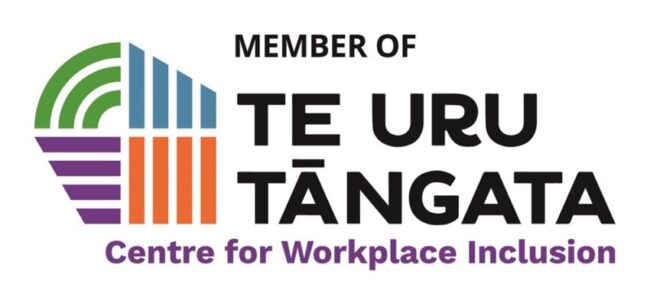The Court of Appeal has declined an application for leave to appeal the Employment Court’s decision in Birthing Centre Limited v Matsas [2024] NZCA 139. The decision highlights the necessity of consulting with employees when a restructure is being considered, and not waiting until a final decision has been made.
Background
In 2019, the MidCentral District Health Board (MDHB) proposed a business transfer involving employees of The Birthing Centre Limited (BCL) who provided midwifery services at Te Papaioea Birthing Centre (TPBC).
Part of MDHB’s proposal was that BCL employees working in TPBC would “transfer” to MDHB. It requested that the proposal remain strictly confidential, and so BCL did not advise its employees that a transfer of TPBC’s birthing services was proposed, nor that this had the potential to adversely affect their employment.
After entering into a memorandum of understanding, BCL and MDHB publicly announced the transfer in December 2019. BCL’s employees learned of the transfer through their union and media, without prior consultation from BCL. It was not until March 2020, that affected employees received an offer of employment from MDHB, along with a letter confirming termination of their employment with BCL. No consultation was undertaken by BCL prior to communicating the decision, and no redundancy compensation or payment in lieu of notice was offered.
As a result, BCL’s employees raised personal grievances for unjustified dismissal and unjustified disadvantage in employment, as well as a claim that BCL had breached its duty of good faith.
Arguments
BCL accepted it had not consulted with employees before the proposal to transfer TPBC’s services to MDHB was publicly announced. However, it contended it was not required to do so, because at that point it was only considering the transfer. Therefore, BCL was not itself proposing to make a decision that would, or was likely to, adversely affect the continuation of its employees’ employment. Additionally, it relied on the need for confidentiality, citing section 4(1B)(c) of the Employment Relations Act 2000 (Act) as justification.
BCL’s arguments were rejected by both the Employment Relations Authority (ERA) and the Employment Court. BCL had obviously participated in the discussions with MDHB by the time of the public announcement and so the requirement to consult arose much earlier than December 2019. Further, BCL could not rely on the confidentiality exception in section 4(1B)(c) of the Act, because the primary reason for confidentiality was MDHB’s demands, rather than BCL’s commercial interests. This was an insufficient ground for depriving BCL’s employees of their statutory right to be consulted.
Implications
This case is an important reminder of an employer’s obligations to consult with employees where it is considering a restructure or other significant change that will, or is likely to, have an adverse effect on employees’ employment.
Remember – where an employer chooses to keep relevant information confidential, the ERA and Employment Court requires there to be “sufficiently good reason” to do so. Whether a sufficiently good reason exists involves a consideration of the likely effects of giving access to the information and of maintaining confidentiality. Further, an employer must consider ways of reducing any possible adverse effects and restrict access to information only to the extent necessary. Balancing employees’ rights to information against commercial interests can be a tricky area.
If you have any queries in respect of restructures or organisational change, please contact Lane Neave’s specialist Employment team.
Author: Stella Smith




